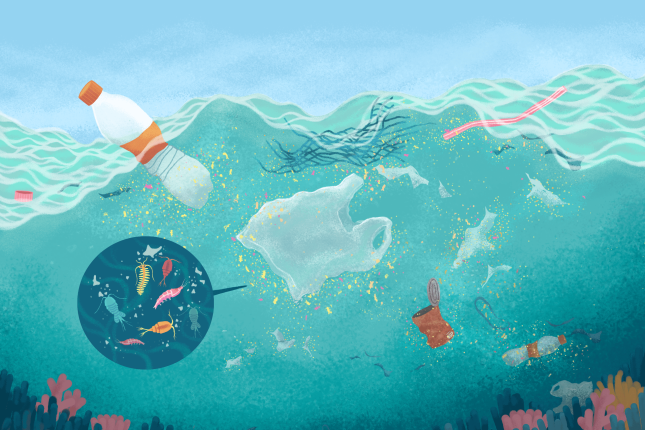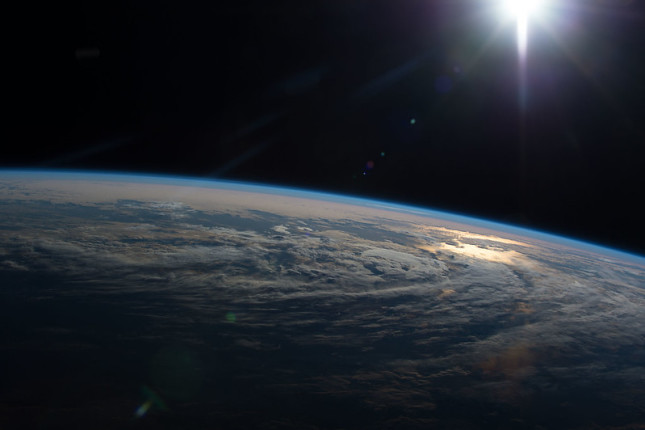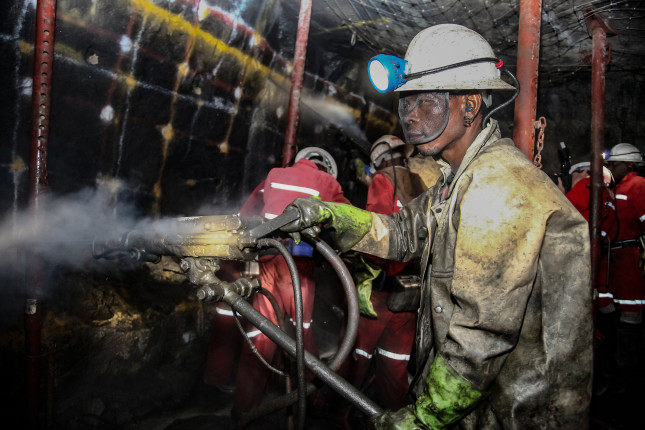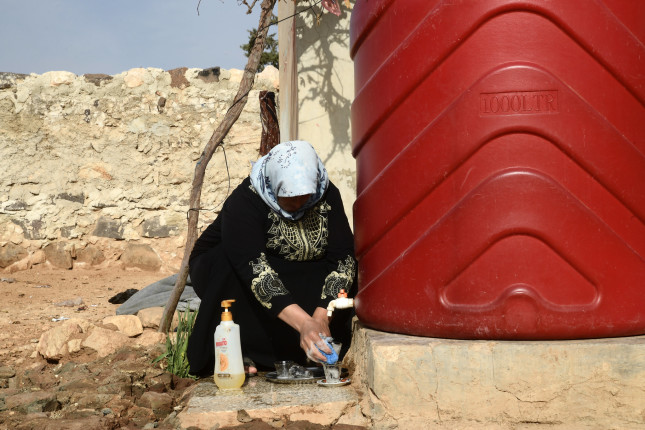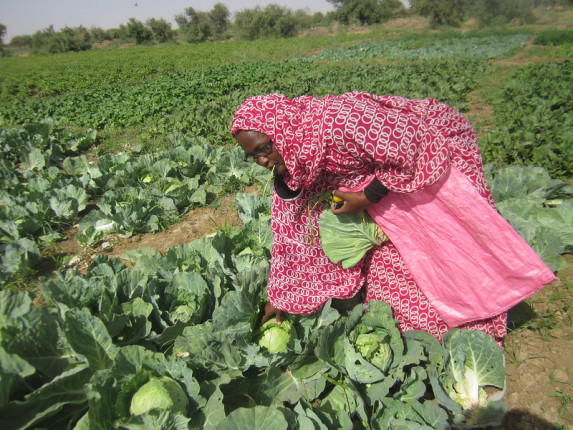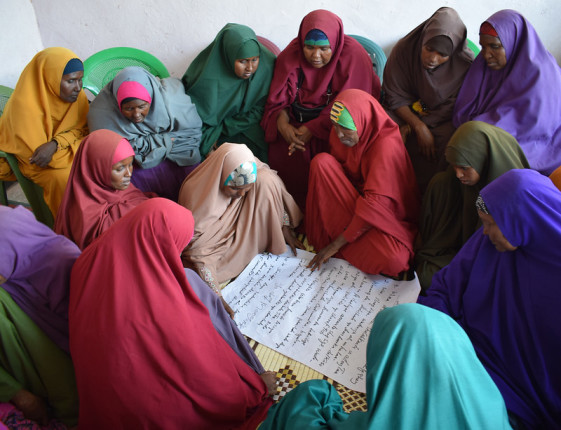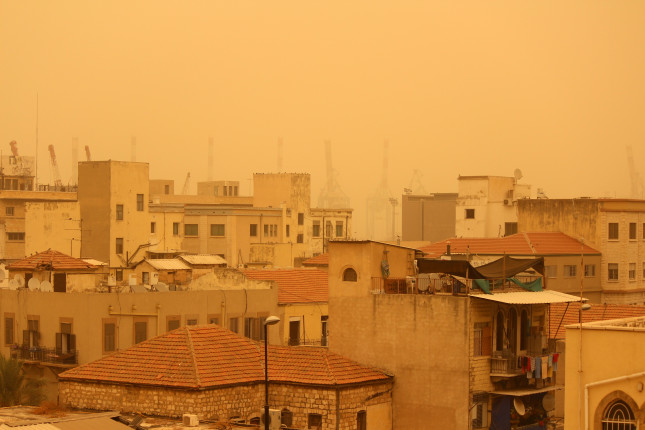-
How plastic is fueling a hidden climate crisis in Southeast Asia
›With sea level rise and ecological collapse threatening its environment and the very existence of its main coastal cities, Southeast Asia is one of the regions most at risk from the impacts of climate change. But while countries around the world step up efforts towards decarbonization and reaching their shared climate goals, carbon remains unchallenged – in the form of plastic – and firmly entrenched in Southeast Asia’s economy.
-
Silencing the Stigma of Menstruation
›
Every month, young women and girls in the villages of Nepal make their way into makeshift huts where they will reside for the week until their menstruation has finished. Some of them will turn to nearby sheds whereas others will travel through dense forests to reach these huts. Venomous snake bites, asphyxiation, and rape are just a few of the harsh realities of living in these poorly ventilated and weakly protected menstrual huts. This practice of self-isolation called “chhaupadi” is an ancient tradition of “untouchability” rooted in the belief that menstruation is sinful and impure. Considered bringers of misfortune, menstruating girls and women are forbidden from taking part in any household, religious, and social activities under this tradition, forcing them to distance themselves from their family and community during this time. Although chhaupadi seems like an extreme case or isolated custom, it actually represents a common global issue—menstrual stigma.
-
Serious About Climate Change? Put All Options on the Table
›
The intensifying enmity between the United States and Russia arising from the war in Ukraine may obscure a fundamental and durable milestone in climate science: One of the most significant pieces of evidence substantiating a shared major security concern—anthropogenic climate change—was the result of United States, French, and Russian cooperation. Ice cores drilled at Russia’s Antarctic Vostok Station provided among the most incontrovertible proof linking human greenhouse gas (GHG) emissions to increasing atmospheric temperatures—over two decades ago.
-
The “Fuel of the Future” and Water Insecurity in South Africa’s Platinum Belt
›May 16, 2022 // By Tokollo MatsabuHydrogen fuel is becoming a central pillar of global decarbonization strategies. The hype over green hydrogen (the “fuel of the future”) and its potential to provide an abundance of low carbon fuel to transportation and industry has enticed several major emitting countries to scale up its production. And a UN-backed initiative wants to achieve a 50-fold production increase in the next six years.
-
Water Management in Armed Conflict: Improving Collaboration and Joint Knowledge
›
Speaking at a session at the 2nd International Conference on Environmental Peacebuilding in February, Guillaume Pierrehumbert, head of the Water and Habitat Unit of the International Committee of the Red Cross (ICRC) called for “a comprehensive rethink of collective humanitarian action” to address the unprecedented civilian crises in protracted armed conflicts.
-
Can Conflict-Sensitive Gender Analysis Close the Door on Backdraft?
›
Effective climate action demands urgent transformational change. It is also increasingly clear that responses to climate change—whether focused on curbing emissions or adapting to climate impacts—can profoundly influence and change how people live. It touches upon many aspects of their everyday life, including their livelihoods, where they live, and their roles in the community. These changes also can have substantial effects on the socio-ecological systems in which people live— bringing unintended tensions and drivers of conflict that are referred to broadly as backdraft.
-
The Risks of Gender-blind Climate Action
›
Climate change is widely recognized as one the greatest threats to peace and security in the 21st century. The causal pathways that link deteriorating environmental conditions, insecurity, and conflict, while seldom automatic or linear, are, nevertheless, ubiquitous. The adverse impacts of climate change exacerbate other risk factors, especially in already fragile contexts. In turn, these factors magnify pre-existing economic, social, or political drivers of insecurity.
-
Why Climate Change Will Exacerbate Inequalities and Grievances in Iraq
›
The UN Environment Programme has ranked Iraq as the fifth most vulnerable country to climate change. In recent years, it has increasingly witnessed extreme heatwaves with temperatures reaching above 50°C. Iraq’s mean annual temperature also is predicted to increase by two degrees Celsius by 2050.
Showing posts from category featured.


